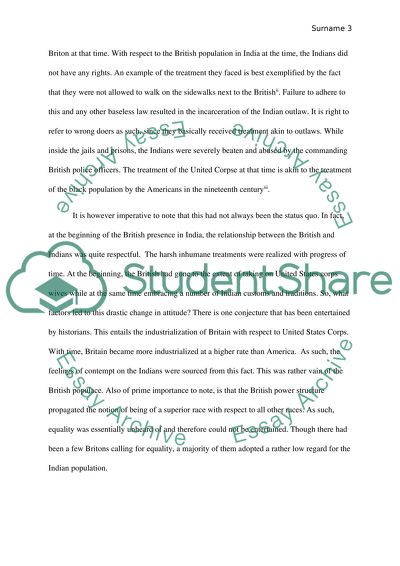Cite this document
(“The British Royal Marine Corps Influence on the US Marine Corps Research Paper”, n.d.)
The British Royal Marine Corps Influence on the US Marine Corps Research Paper. Retrieved from https://studentshare.org/history/1473615-the-british-royal-marine-corps-influence-on-the
The British Royal Marine Corps Influence on the US Marine Corps Research Paper. Retrieved from https://studentshare.org/history/1473615-the-british-royal-marine-corps-influence-on-the
(The British Royal Marine Corps Influence on the US Marine Corps Research Paper)
The British Royal Marine Corps Influence on the US Marine Corps Research Paper. https://studentshare.org/history/1473615-the-british-royal-marine-corps-influence-on-the.
The British Royal Marine Corps Influence on the US Marine Corps Research Paper. https://studentshare.org/history/1473615-the-british-royal-marine-corps-influence-on-the.
“The British Royal Marine Corps Influence on the US Marine Corps Research Paper”, n.d. https://studentshare.org/history/1473615-the-british-royal-marine-corps-influence-on-the.


